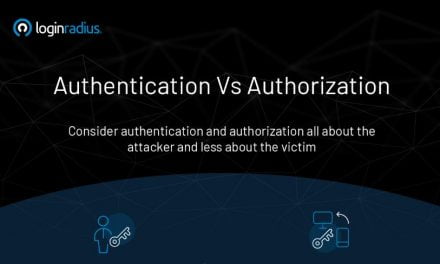The Netherlands has reached out to a technologically mature South-east Asian country to exchange ideas for a safer Cyberspace.
In an ongoing program in the Netherlands to allow Dutch businesses to enter into public-private partnerships with international entities to solve global problems, Singapore has been roped in to solve some of the world’s most complex commercial and governance challenges.
Specifically, these challenges involve cross-border financial crime, crypto-related money laundering, criminal tools offering pseudo-anonymity, and cybercrimes such as ransomware and scams.
Through a series of activities organized by the Partners for International Business (PIB) program, both nations stand to benefit from knowledge- and experience-sharing, working towards the common goal of a safer cyberspace.
Participants include government agencies of both countries such as Singapore’s Home Team Science and Technology Agency (HTX), Infocomm Media Development Authority; and the Netherlands’ Ministry of Justice and Security, National Police, and Public Prosecutors Office of the Netherlands.
Other participants include ECXX, ABN AMRO Bank, Rabobank, CFLW Cyber Strategies, Merkle Science, TAU Express, the Netherlands Organisation for Applied Scientific Research (TNO), and Nanyang Technological University (NTU).
Borderless cybercrime, borderless countermeasures
Among PIB’s initiatives is a series of roundtable discussions focused on combating financial crimes in the era of emergent and disruptive technologies.
Since such cyber-enabled financial crimes involve different responsibilities—from finance to law enforcement, and from criminological expertise to deep technology—combating these forces poses a multi-stakeholder challenge requiring collaboration between governments, industries and academia to develop innovative solutions.
With the Netherlands’ reputation as pioneers in blockchain and Singapore’s aspirations to become a smart nation, the two nations can partner to use technology to combat technology-enabled crime.
A series of roundtable forums have been started to build strong foundations of trust and confidence upon which the countries can share information on mutual challenges and good practices, providing an open platform for counterparts to deliberate new perspectives, deepen understanding, and apply expertise to solve mutual challenges.
- 11 November 2021: Virtual asset intelligence concerning financial crime, comprising anti-money laundering red flag indicators; collective transaction monitoring; blockchain data analytics; Dark Web intelligence; and smart analytics and AI to extract strategic insights and operational perspectives from large, distributed data sets in an efficient manner.
- 17 February 2022: Potential rewards of cross-functional collaboration, and the challenges faced in establishing trust; collaborating across different cultures, methodologies and jurisdictions; and overcoming regulatory or information sharing hurdles.
- 12 May 2022: Importance of strong Know Your Customer (KYC) practices in guarding against the abuse or misuse of crypto; competent methods to gather intelligence; incorporating holistic views and real-world identifiers with benefits flowing downstream and accruing to transaction monitoring.
According to Dr. Mark van Staalduinen, Managing Director of CFLW Cyber Strategies, one of the participating firms, both countries are “forward-thinking nations with high technological adoption rates,” which facilitates the mutual goal of using blockchain to build for a safer Cyberspace.





















